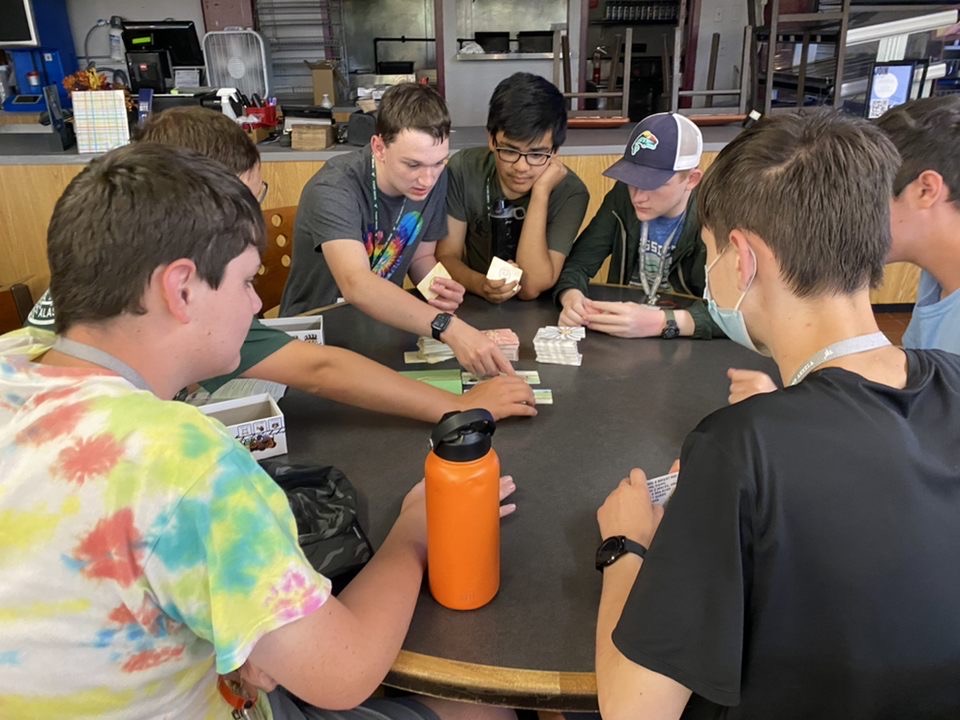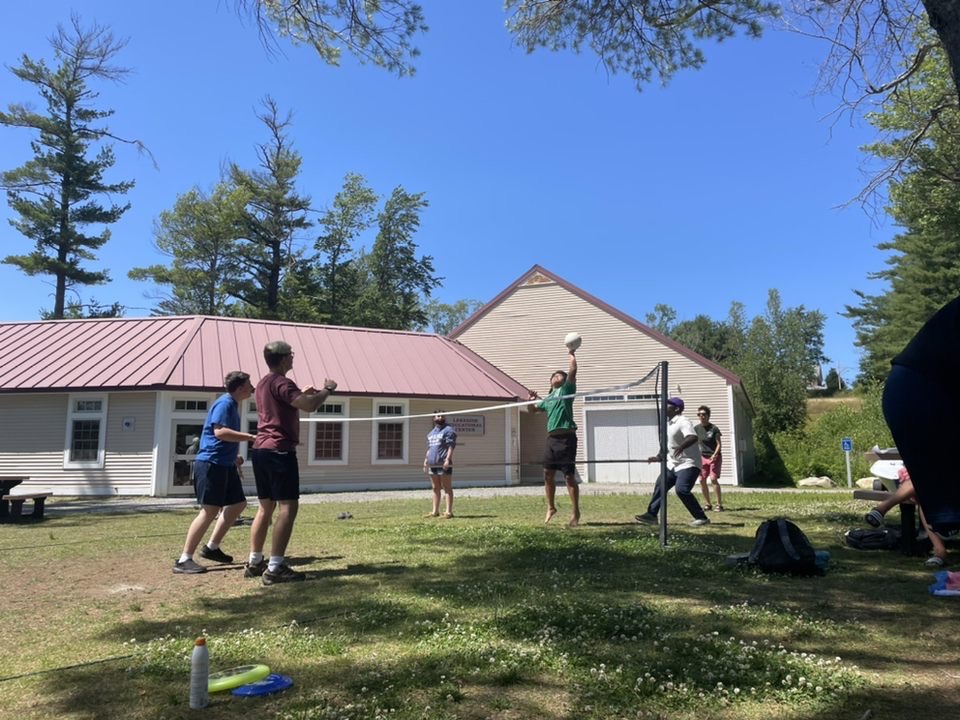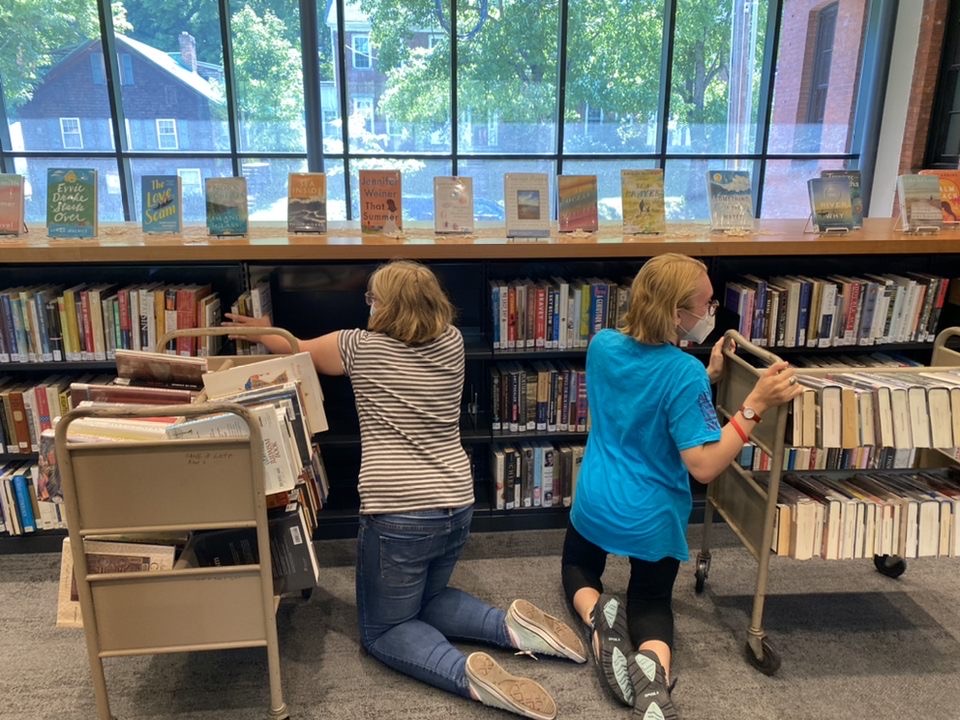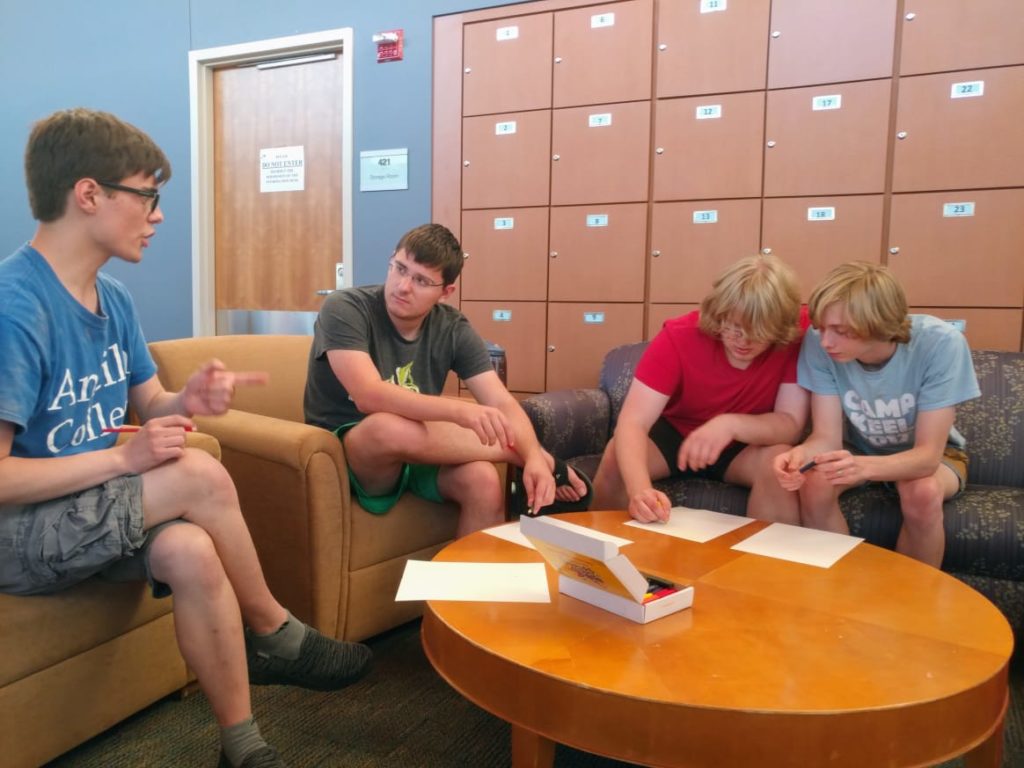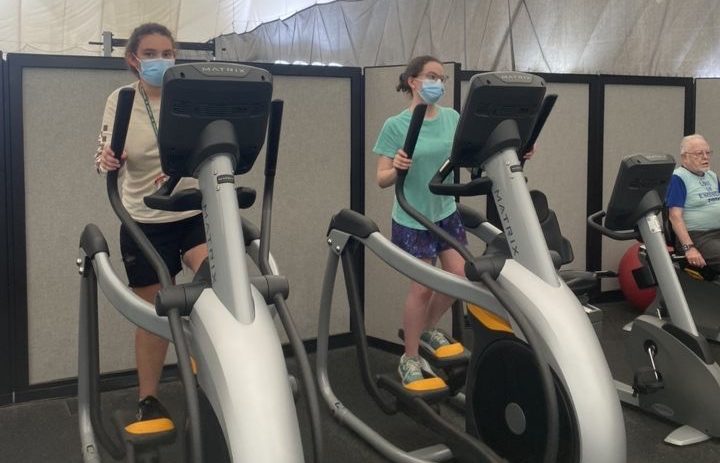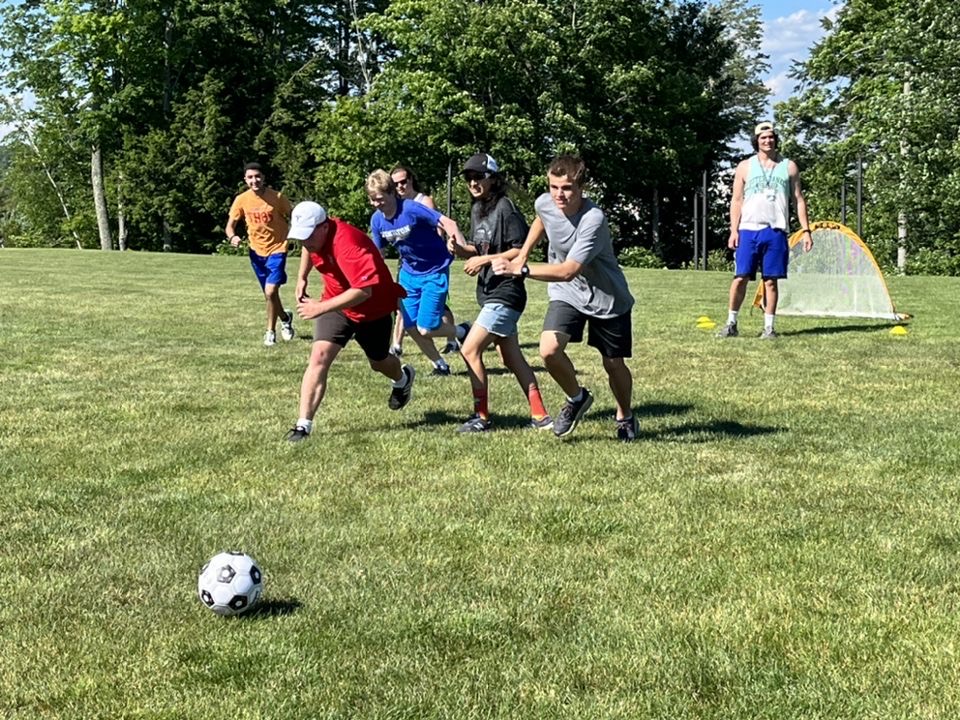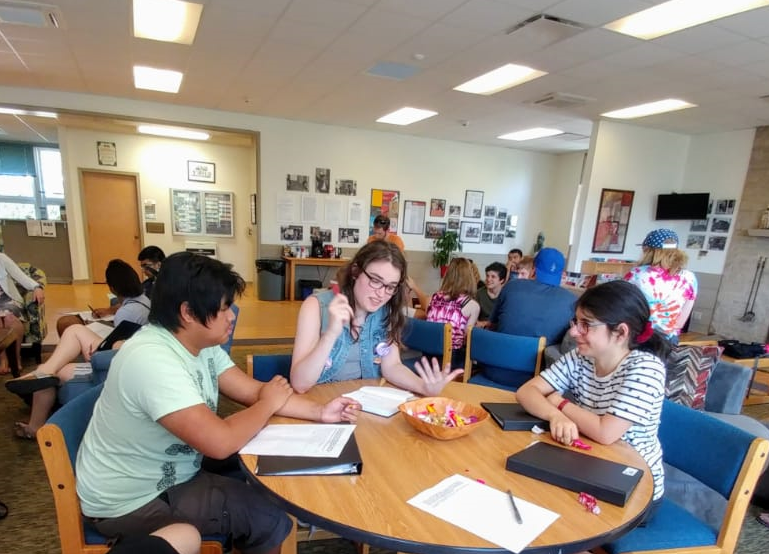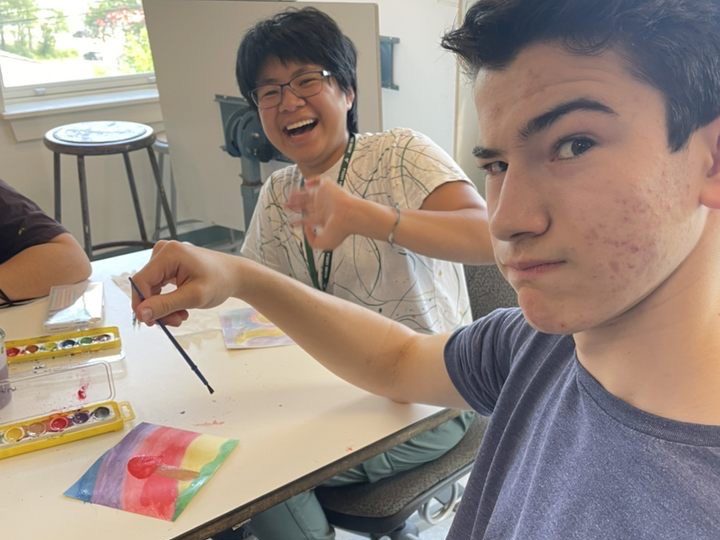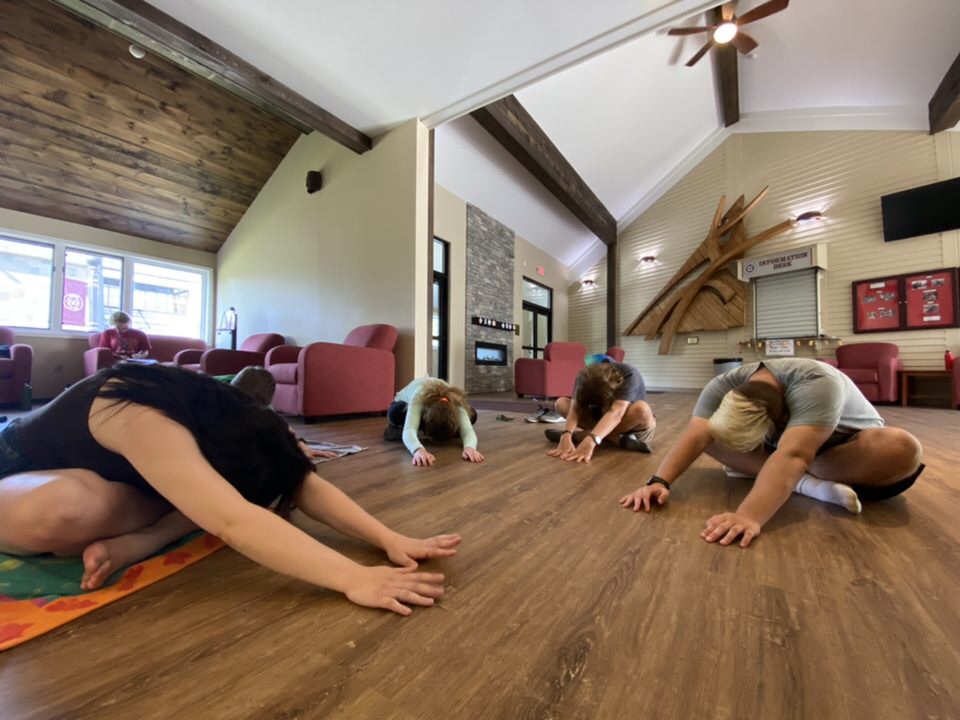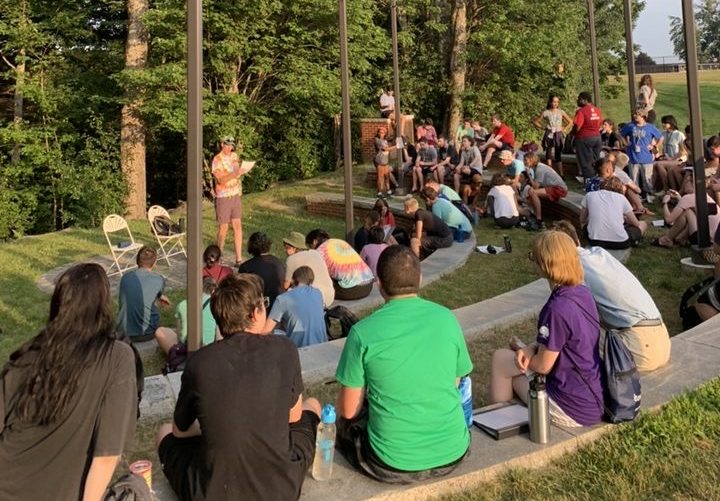During our coaching conversations this summer, we had several campers ask us: “How do I stop my cycle of negative thoughts?” We get it – we’ve all been there, feeling trapped in a swirl of negativity. So, in this blog post, let’s dive into some common challenges we’ve talked about at camp and explore some strategies to dial down or even stop negative thoughts.
Challenge 1: Self-Judgment and Meta-Thoughts
Sometimes, we’re way too hard on ourselves when we feel down. We think that we’re not allowed to feel sad or angry. Plus, we even get upset about being upset – stacking emotions on emotions!
What could I do?
Your feelings are 100% valid. Emotions are your mind’s way of altering you to something important. No matter how long you have been working on coping with negative thoughts, there are going to be situations that come up that you cannot control or that makes you feel upset or think a negative thought. While it’s awesome to want to be your best self, it’s just as important to accept where you are right now. To tackle self-judgment, try making a little script to repeat to yourself. I like saying, “I’m feeling [emotion], and that’s completely fine. Everyone feels this way sometimes. Can I be kind to myself?”
Challenge 2: Feeling Fake When Trying to Stay Positive
We’ve all heard the advice to think positive thoughts when we’re feeling low, but sometimes, it feels fake because our emotions and reality don’t match.
What could I do?
Instead of forcing positivity, take a breath and don’t rush yourself. Ask, “What’s one thing that I could do that would make me feel slightly better?” For example: what is something that I could do that would make me feel frustrated instead of angry?
Challenge 3: The Never-Ending Loop of Negative Thoughts
Ever felt like you’re stuck in a never-ending thought loop, feeling like, “I can’t stop this!”?
What could I do?
Engage in a different activity you enjoy. Plan this activity when you’re feeling calm, so it’s ready when you need it. You can have a reminder of what this activity is in your room or with you. Don’t hesitate to ask a friend or trusted adult for help – leaning on your community can be immensely helpful when we feel like we cannot stop our cycles of thought.
Working through these patterns takes time. When you’re feeling calm, praise yourself for the efforts you’re making to feel better. Reflect on your wins and notice how you’re dealing with challenging situations differently than before. You’re not alone, and you can absolutely develop the skills to work through big emotions.
***Note: The challenges and solutions explored here are based on conversations with our teens and exploring what strategies worked for them. It is not intended to be therapeutic advice.







